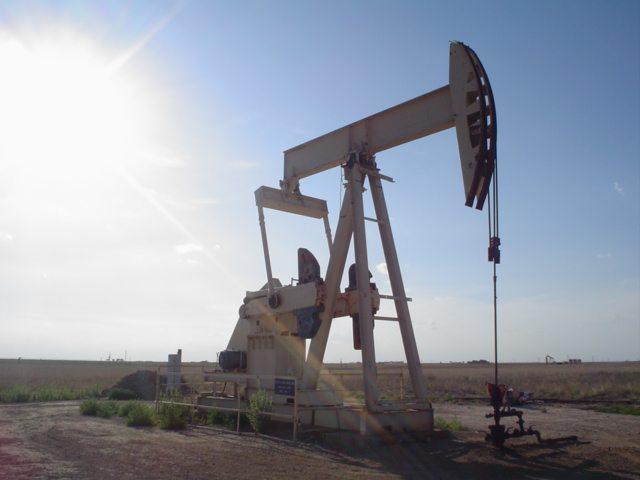
Global oil prices are hovering around $35 a barrel, which many consumers view as pocketbook relief when they fill up that gasoline tank in their cars. But whatever one may think about the oil and gas industry, at a macroeconomic level low prices have meant layoffs in the U.S. and worldwide. For clean-energy advocates, the increased efficiency and lower prices of renewables have been outpaced by the rapid fall in fossil fuel prices, causing plenty of hand wringing.
Much of the finger-pointing over low oil prices has been directed toward Saudi Arabia. Many commentators have blamed this nation -- which holds the second largest amount of oil reserves on Earth, after Venezuela -- for keeping prices abnormally low. The links between the Saudi’s insistence on keeping prices low for the long-term and the pressures on global producers worldwide have long drawn accusations of sabotage while fomenting rancor within OPEC.
The Saudis, however, are not having it. At a recent meeting of the global energy community in Houston, Ali Al-Naimi, Saudi Arabia’s minster of petroleum and mineral resources, insisted that current oil prices are low because of a glut spurred by exploration when oil was priced at $100 a barrel. “That price ... unleashed a wave of investment around the world into what had been previously uneconomical oil fields,” Al-Naimi said.
Al-Naimi, who has worked within Saudi Arabia’s oil industry since 1947, with the exception of completing university, also confronted the growing trend of divestment from oil and gas companies. Most recently highlighted by a Rockefeller heir who relinquished her shares so that her family’s philanthropic fund had more cash to fight climate change, the divestment bandwagon has moved trillions of dollars in assets away from conventional companies in recent years.
To that end, Al-Naimi warned the energy company executives gathered in Houston that they are dismissing the fossil fuels divestment wave at their own peril, and exhorted them to remember that while the oil industry has long been besmirched as the “Dark Side,” it is, in fact, a “force for good.”
Of course, many citizens of the world’s largest oil and natural gas producers would take issue with that description, considering the lingering curses it has left on many countries, including Saudi Arabia.
Thanks to generous oil prices, the kingdom has long spent generously on social welfare programs, in part to stifle dissent that has long festered against the country’s ruling family and its historic embrace of the Wahhabi wing of Sunni Islam. The low price of oil, however, has blown up Saudi Arabia’s budget, although some observers say an opportunity to diversify the country’s economy could prove to be beneficial for the Saudi women who in general have long been excluded from participating in the country’s economy and political system.
Other oil-producing states have not been so fortunate. Nigeria has massive oil reserves, but over 40 percent of its citizens have no access to electricity. Venezuela’s economy has become so mismanaged that at one point the country had a shortage of toilet paper. Iranians and Iraqis also have plenty to say about the impacts an oil-based economy has had on their way of life.
“The problem is not fossil fuels themselves. The problem is the harmful emissions we get from burning coal, oil and gas. The answer is not to leave the world’s greatest, most plentiful and economic, energy resource in the ground,” Al-Naimi said.
If the above were true, asks Al-Naimi, then what is the solution to avoid divestment and ensure oil continues to be a force for good? His response is carbon capture and storage (CCS), a technology that is very expensive and unproven — often hyped and frequently canceled. Al-Naimi may have found a receptive audience in Texas, but the reality is that research and investment in renewables keep surging, no matter how low oil prices are and how much effort the energy industry exerts to prevent more innovation.
Image credit: WikiCommons (flcelloguy)

Leon Kaye has written for 3p since 2010 and become executive editor in 2018. His previous work includes writing for the Guardian as well as other online and print publications. In addition, he's worked in sales executive roles within technology and financial research companies, as well as for a public relations firm, for which he consulted with one of the globe’s leading sustainability initiatives. Currently living in Central California, he’s traveled to 70-plus countries and has lived and worked in South Korea, the United Arab Emirates and Uruguay.
Leon’s an alum of Fresno State, the University of Maryland, Baltimore County and the University of Southern California's Marshall Business School. He enjoys traveling abroad as well as exploring California’s Central Coast and the Sierra Nevadas.














